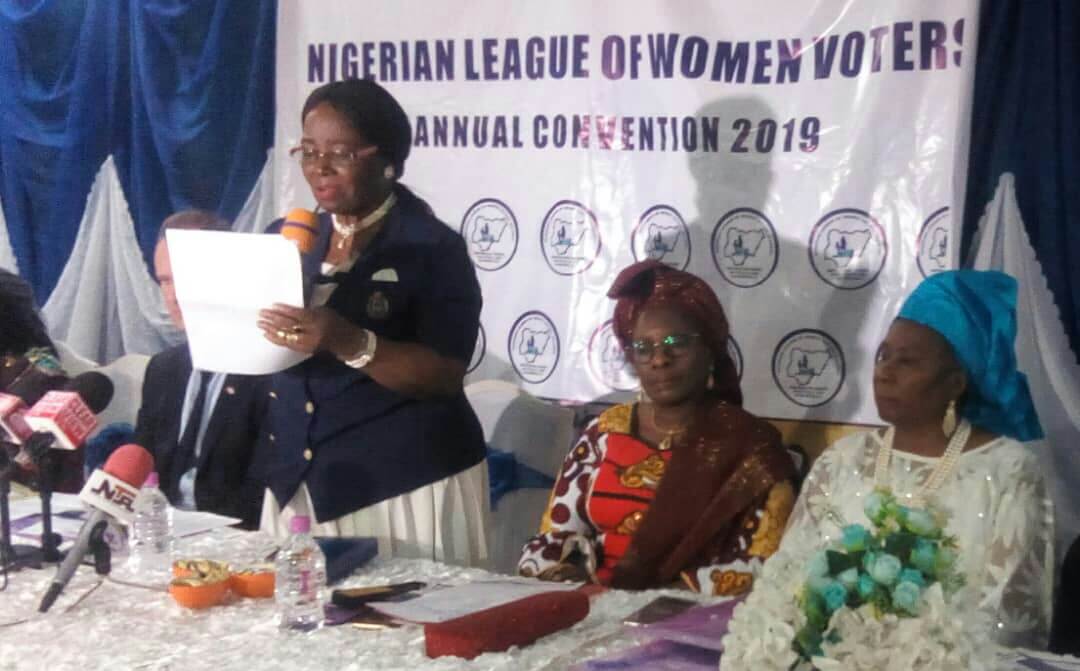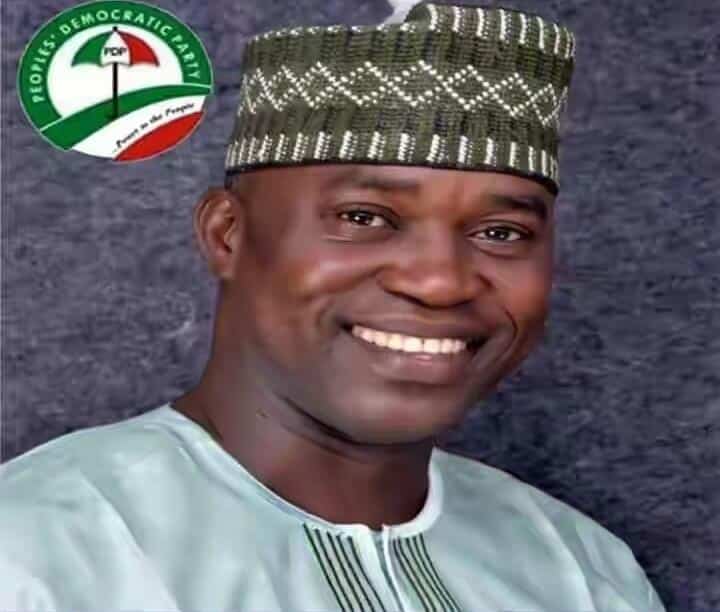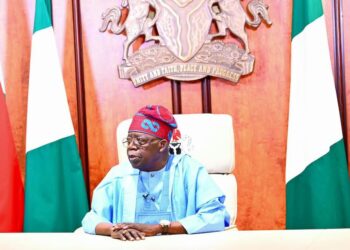THE League of Women Voters of Nigeria (NILOWV) has lamented the gender performance of the just concluded general elections was not good for Nigerian women, noting that the number of women parliamentarians even dropped further.
The Founder and National President of the league, Dr Esther Uduehi who stated this at the 2019 National Convention of the association in Abuja, equally demanded a law that will reserve exclusively for women 35 per cent of all elective positions at the local government, state, and federal level.
According to her: “Nigeria is a signatory to all UN documents calling for 35 per cent affirmative action for women in governance yet Nigeria is the worse in Africa in terms of affirmative action compliance.
“A bird’s eye view of the percentages of female performance in Parliament in some African countries shows that while, Rwanda 61.3 per cent, Senegal 42.7 per cent, South Africa 42.1 per cent, Namibia 41.3 per cent, Mozambique 39.6 per cent, Ethiopia -38.8 per cent, Angola 38.2 per cent, our country Nigeria boasts of 5.90 per cent” she said.
Speaking further, she called on the Executive arm of government to work with the Legislature, with a view to ensuring that 35 per cent affirmative action is not only on paper but put into action.
She said: “We are appealing to members of the National Assembly especially the incoming ones to craft and pass a law to this effect – a law that makes it mandatory for a number of seats in each state to be reserved in rotation for women in addition to the seats they‘ can struggle for and win by themselves”.
Stressing further, she maintained that the Independent National Electoral Commission INEC has a big role to play in this regard, saying it must work with the political parties to produce a robust guideline in line with such a law that should guarantee access and right for the women.
“Women have realised that they can use their huge voting numbers to their advantage thus they will rise to take their position in politics. Going forward, we are going to reshape, reorganise and restrategise for the future. In fact, we shall start planning right from now” she stated.
Uduehi, speaking further on the Convention, stated that it was organised to review the performance of women in the last elections and work out effective strategies for improvement and the way forward for women to progress and contribute to the development of Nigeria.
“Amongst other things, the Convention will fill through election all existing positions and consider plans for the future” she explained.
Also speaking at the event, Jesper Kamp, Ambassador of Denmark to Nigeria, Cameroon, Congo Brazzaville, Central African Republic and Equatorial Guinea, lamented that the just-concluded election, including party primaries, was rather a depressing result for women in politics, adding that many were robbed of their rightful place on the ballots by the parties.
He said: “I personally believe that this is an issue that needs to be regulated by law and that INEC should be guarding the principles of a revised or new law”.
He also called on the Federal Government to implement minimum quotas for women in parliament, to ensure that the country comes to a self-sustainable level of women in governance and politics.











